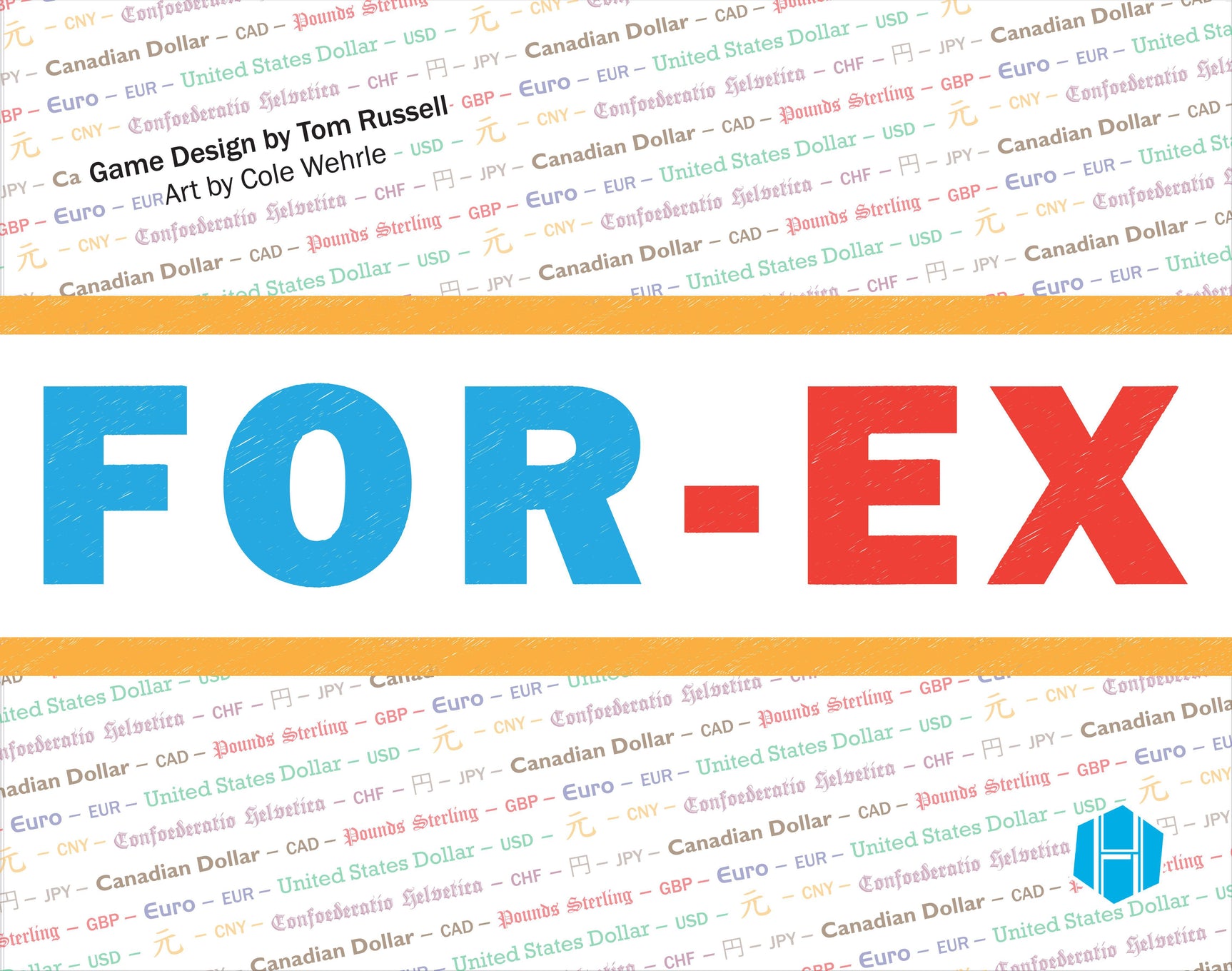For-Ex
Products title that includes 'PRE-ORDER' is subject to our Pre-order Policy
Couldn't load pickup availability
Delivery and Shipping
Delivery and Shipping
For more details, please refer to our Shipping and Order Information.
Pre-Order Policy
- Pre-order items are charged at the time the order is placed.
- Prices for pre-order items are subject to change based on final landed costs.
- If the final price is lower, the difference will be refunded to the customer in the form of store credit.
- If the final price is higher, customers will be given the option to either:
- Pay the difference, or
- Cancel the item for a full refund.
- Orders containing pre-order items will be placed on hold until all items in the order are available.
- Once all items have arrived and pricing remains unchanged, the order will be automatically shipped.
- Pre-orders are fulfilled on a first-come, first-served basis.
- If a pre-ordered item becomes unavailable (e.g., the publisher cancels the product), a full refund will be issued.
- Pre-orders may be cancelled and refunded by customers or the store.
- For transactions that are no longer eligible for direct refunds due to payment processor limitations, a store credit will be issued instead.
Description
Description
| Designer | Tom Russell |
| Publisher | Hollandspiele |
| Players | 2-6 |
| Playtime | 90 mins |
| Suggested Age | 12 and up |
| Additional Info | BoardGameGeek (Images, Videos, Reviews) |
FOR-EX is the game of currency trading. An opaque, nerdy, butterfly-effect game, players take on the roles of international financiers who trade and manipulate currency values. Each of the game's several currencies only has value relative to one another, and these fluctuate according to player investments and divestments.
Players primarily make money by making long-term contracts to trade an amount of currency X for its equivalent in currency Y. Those contracts will be resolved several turns hence, during which time the exchange rate may have changed. But the contract is resolved according to the original, agreed-upon rate, enabling players to make profit. Players can (and should) make contracts promising money they don't yet have, and may use the resultant loans to give them a temporary leg-up (provided that they think they can make up the difference before the loan comes due).
Once the game begins, there is zero randomness; every subtle, lovely tweak to the game state is the net result of the decisions each player makes. The game concludes when a player goes bankrupt, or when the last dividend has been paid. At that point, all monies are converted to the single strongest currency, and the player with the most money of that type wins.


